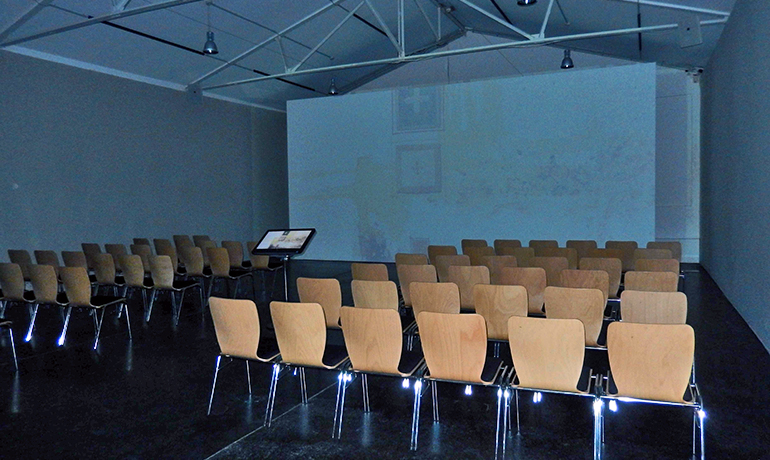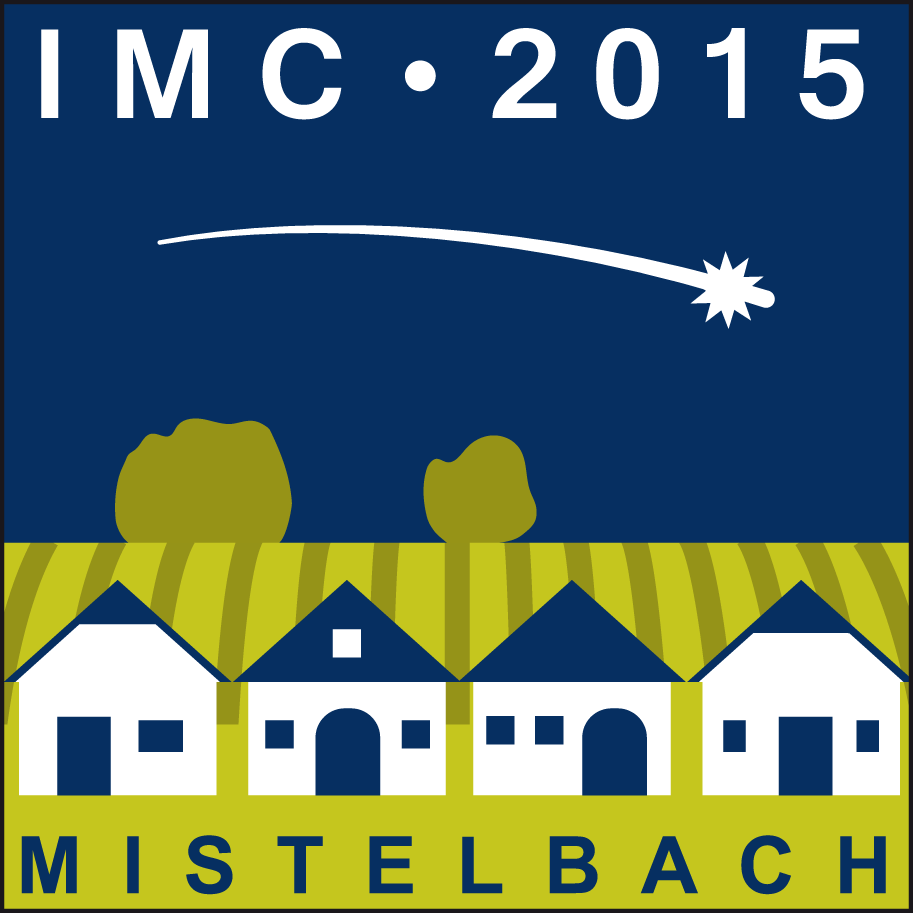
Topics
Lectures:
have a minimal duration of 10 and maximum 30 minutes, this duration must always include 2-3 minutes for questions or comments.
Posters:
many contributions are not suitable for a lecture and therefore the poster session offers a valuable alternative to present topics without the constraints of an oral presentation.
Proceedings:
all presentations, both lectures and posters, are included in the IMC Proceedings as a full paper or at least by an abstract. It is strongly recommended to prepare this article before the IMC while preparing your lecture or poster. The format of your Proceeding paper should be like a WGN article. The deadline for submission of your paper is in principle during the IMC in order to assure a timely production of the IMC Proceedings. All papers of the IMC Proceedings are registered with the Harvard-NASA AdsAbs service.
Workshops:
the presence of many specialists in the same domain makes it easy to have some dedicated sessions. The workshops can take place during the IMC, in the evening hours, during a workshop session during the IMC program as parallel session or in case of sufficient interest a workshop can start one or more days before the IMC. The topics and style of the IMC workshops concern mainly the most advanced participants and therefore workshops take place in small groups.
The SOC:
the IMC is a conference focusing on all technical and scientific aspects of meteor astronomy. All presentations must be registered before the IMC in order to compile the conference program. A team of IMO members acts as SOC to supervise the quality of all presentations, to advice on the IMC program and the content of the IMC Proceedings.
Socializing aspects:
all topics of a conference could be exchanged in principle by mail or as publication in some journal. A conference offers personal contacts and plenty of time for informal brainstorming. To stimulate these informal contacts the IMC reserves plenty of time for informal socializing with: an opening reception, an excursion during 4-5 hours and during the informal evenings participants are invited to share their meteor interests with some guitar or other musical entertainment.
For lectures and posters we suggest the following (non-exhaustive) list of topics:
Visual observations
Video & photographic observations
Radio observations
Fireball observations
Trajectory & orbit determination
Stream modelling
Parent bodies
Extraterrestrial meteors
General remark
Presentations should be related to the domain of meteor astronomy, off-topic items cannot be admitted seen the specific aims of the conference. The poster session is dedicated to technical, scientific topics only. Non-scientific exhibitions cannot be included in the poster session but may be admitted at some space dedicated for non-scientific displays. All presentations must be registered via the registration form and no unannounced topics will be admitted at the conference. All presentations must be in English.

